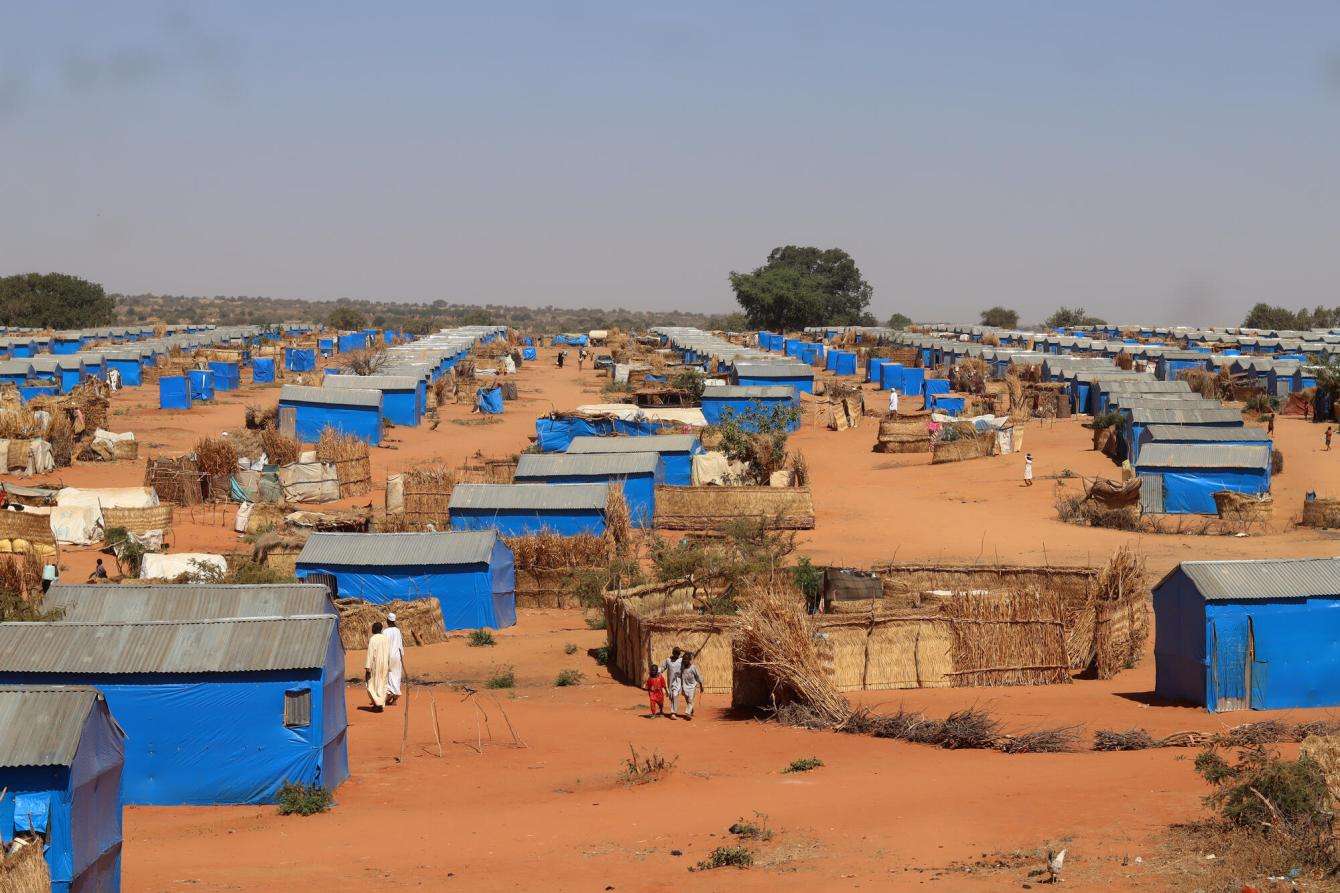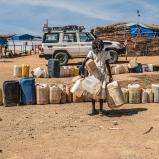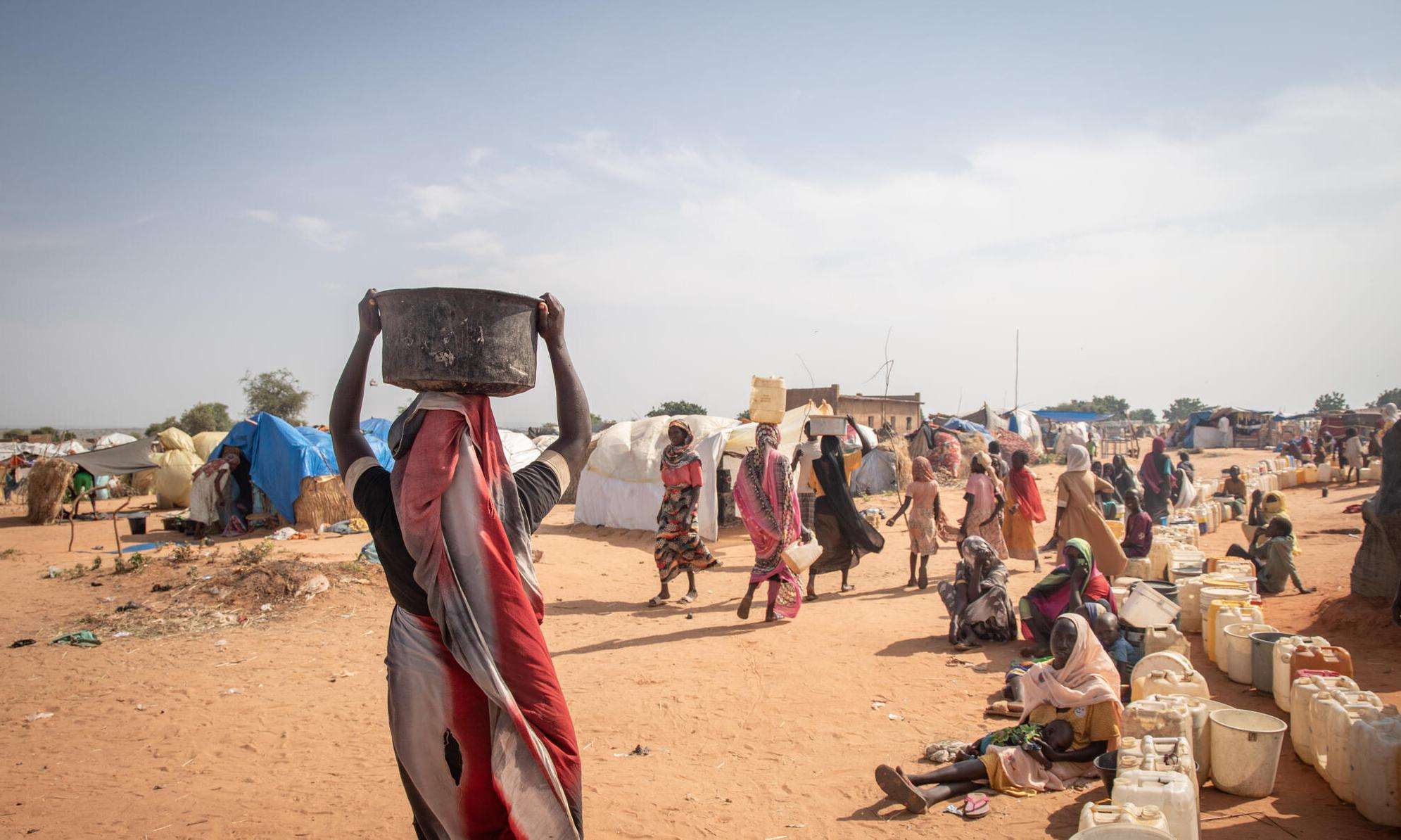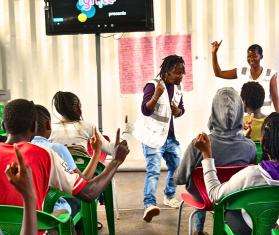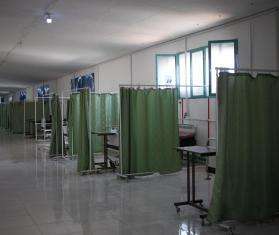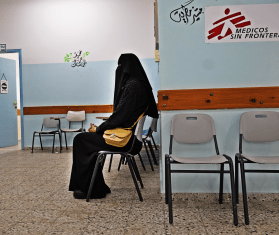In December, I visited the camps in eastern Chad to witness the living conditions of Sudanese refugees. I have worked as a humanitarian worker in countries across the globe, but what I have seen in Chad during this emergency has shocked me to my core. With such a rapid and vast displacement of people fleeing harrowing violence, knowing the stories of what made them flee is very hard on the heart. So many people seeking refuge in the desert are relying on humanitarian aid, which is inadequate and sporadic. This cannot go on.
The people suffering from this crisis are predominantly women and children, and many are also victims of large-scale violence. Their testimonies recount unspeakable horrors—family members killed, women enduring heinous acts of abduction and sexual violence, and homes reduced to ashes. Their sole aspiration is to find a safe haven in Chad and be able to live in decent and dignified conditions.
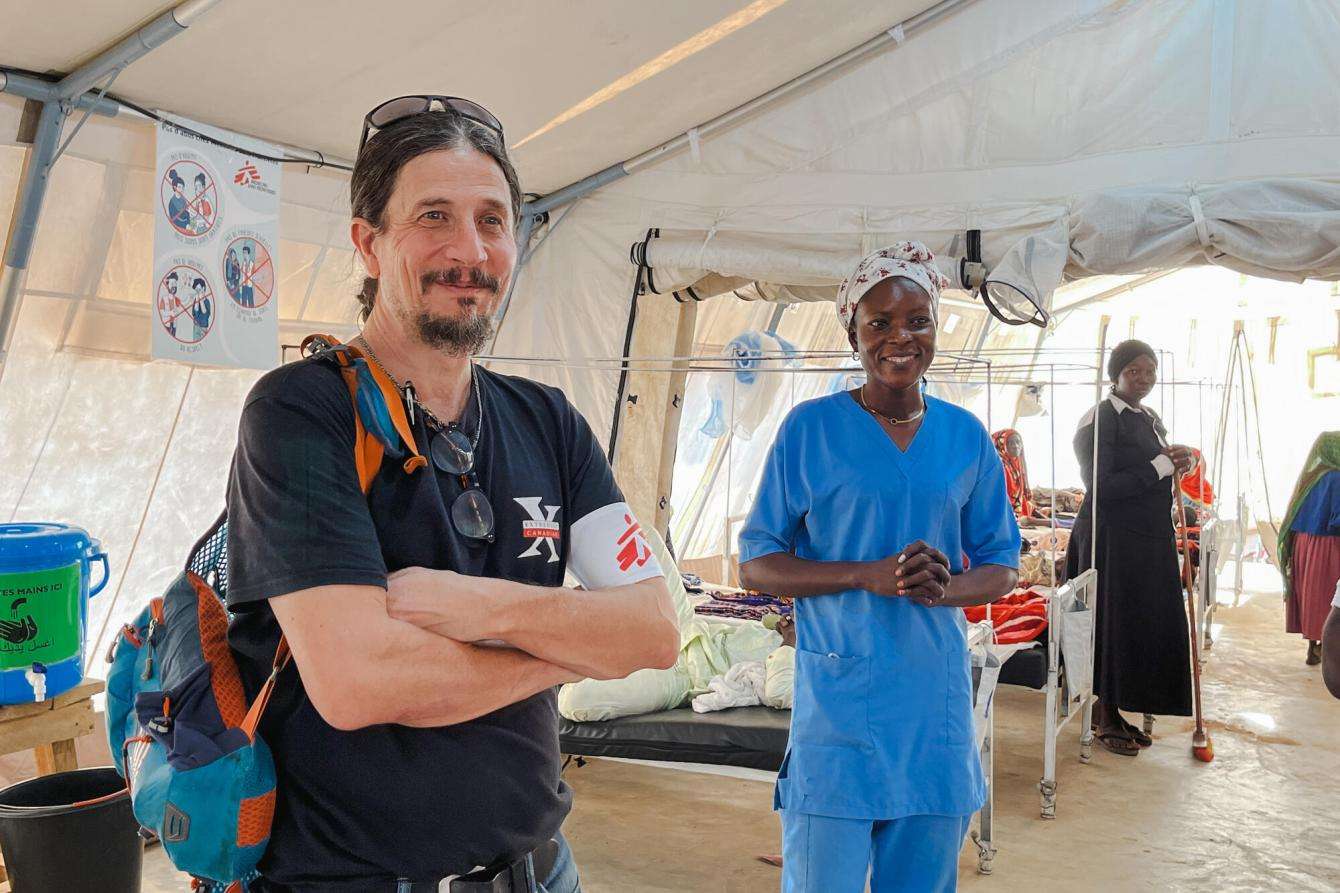
Now relocated to the desert, these refugees cannot face this ordeal alone. Their needs cannot be put aside and forgotten as just another crisis. Solid and sustained humanitarian commitments and an urgent scale-up of aid efforts on the ground are urgently required to avoid a catastrophic crisis and large-scale misery in the months to come.
Despite the tireless efforts of humanitarian organizations and welcoming gestures from host communities and the government of Chad, the situation is close to catastrophic. From insufficient access to food, water, and shelter to concerns about proper hygiene, it’s a daily struggle for those who have left almost everything behind. Approximately 150,000 people in Adré transit camp and the surrounding areas live week to week, navigating through precarious conditions to survive.
Limited food distributions are irregular and the amount distributed typically lasts only a couple of weeks. On top of that, not everyone is receiving these distributions. In Adré, there’s one latrine for every 300 to 400 people—far below the recommended [sanitation] standards. Despite tremendous efforts put forth by MSF and local partners—including delivering half a million liters of water daily—refugees only receive between six to eight liters of water per day. People don't have enough water to bathe, to clean, to cook. They don’t have suitable jerry cans to be able to collect and store water properly.
We've already seen a very high incidence of malnutrition, as well as high numbers of people suffering from diarrhea and malaria. Doctors I spoke to say the number of cases of malaria has decreased, but [the disease] is still widespread.
Our role now is to ensure enough assistance together with other partners going forward, so we don't end up in another catastrophic situation several months down the road. Today, people can survive for the next couple of months. But what will happen after that?
There are many organizations here on the ground, but they don't have the financial resources to meet the needs of the people. So we need governments, we need donor countries to help these organizations scale up and meet the emergency needs, from shelter to water to food.
